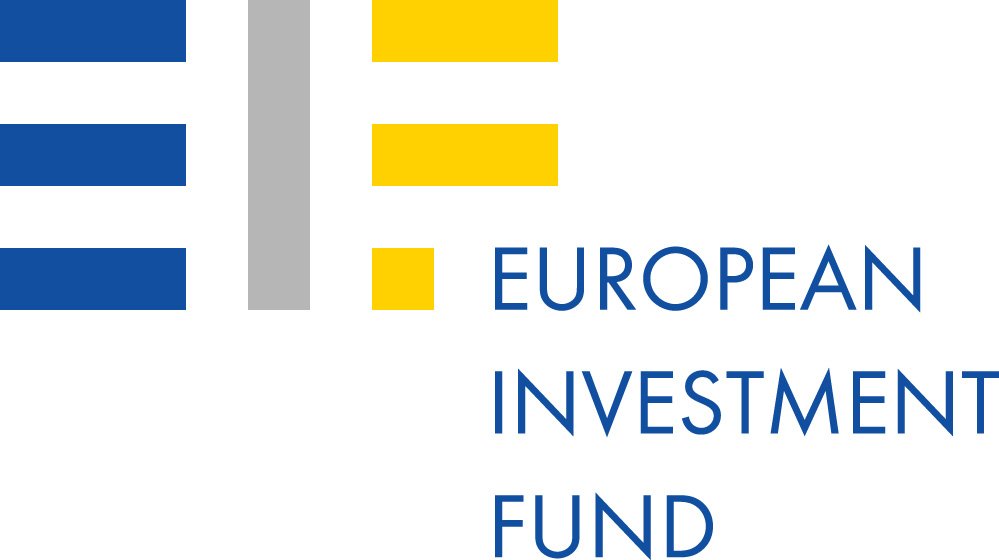Published on January 8, 2016
Approximately 1-2% of relevant deal flow for a VC firm will become a portfolio company. Hence, rejecting entrepreneurs is something a VC professional will have to do as part of his job. As most people have an intrinsic urge to be liked, I believe most VCs want to be honest about their rejections. However, the honest opinion isn’t always appreciated. For that sake, let us clarify reasons VCs reject!
This is the second edition of the “Understand Reasons for VC Rejections blogs. Read the first one here.
One of the things a VC is really interested in is: If you fit a funds focus – phase – financials – vision – personalities.
For starters, it is incredibly hard to find out if your company is a perfect fit for a VC fund. The websites are all really flashy, focus is not always a crystal clear story and most funds certainly don’t tell you what they are not interested in. However, please do not blame us VC’s for the vagueness, as not everything in the world called ‘startups and funding’ is carved in stone.
1. Focus Fit
It is evident that a B2C tech company will unlikely get any funding from a life science VC. The focus fit issue is present much more in the details. A tech VC with a preference for marketplace companies wouldn’t be the ideal fit for instance, however they would have a look at the B2C company. If the dynamics of the company, fit what the VC invests in on a regular basis, then there is a chance that the company would not be rejected.
2. Phase Fit
Everyone knows companies go through phases. I personally like the Adizes Corporate Life Cycle model (http://www.adizes.com/lifecycle/). VCs have reasons to believe they can add most value to companies in a certain phase. Therefore if you are in the Go-Go phase an early stage investor with high risk profile probably won’t fit as they don’t understand the challenges you are up to. Vice versa a growth investor will likely not understand the infancy stage. Interestingly enough a misconception VCs often come across is your phase is not primarily determined by you revenue. It is about proof of the product market fit and proof of growth model.

3. Finance Fit
The financials of a business must fit the VCs ideas regarding how much investment is needed and how the investment is spent. A 100mln fund is not likely to do 0,5mln investments and some funds are fine with buying shares from founders, others aren’t. Some funds only do minority stakes, some only do majority stakes. Expectations regarding the financials are best spoken about early in a process to prevent nasty surprises later on.
4. Vision Fit
Most of the time startups want to conquer the world and do an IPO. However, it does seem to happen that during the process of building a company new investors come along or possible strategic acquisition offers get on the table. During those unique cases, the illiquid investments can become cash and investments can become returns. There should be a generic vision fit for those moments.
5. Personality Fit
Companies and VC funds are essentially just people. Doing business does often require a rational approach. However in a business relationship that often turns out to be as intense as an actual marriage, hence having a good personality fit is a top requirement. In general, the personality fit is something VCs put quite some thought in, but don’t speak up about. Well hey, we can’t all be BFFs can we?
Figuring out if the fit is right is a matter of doing your homework, asking questions and paying attention to the details in conversations. These pointers should get you focused!


